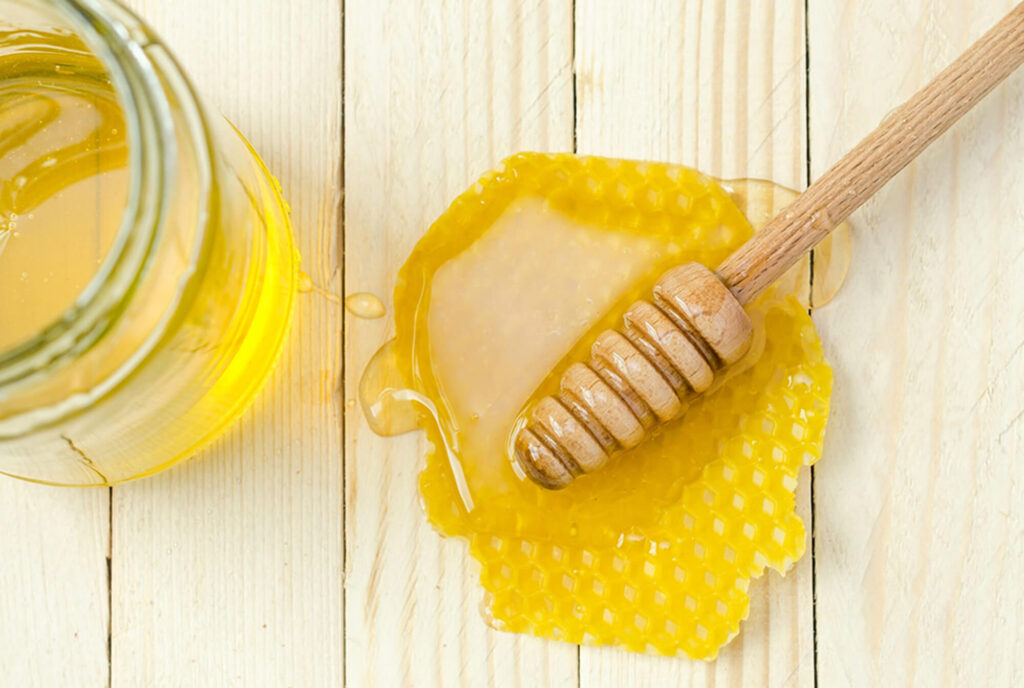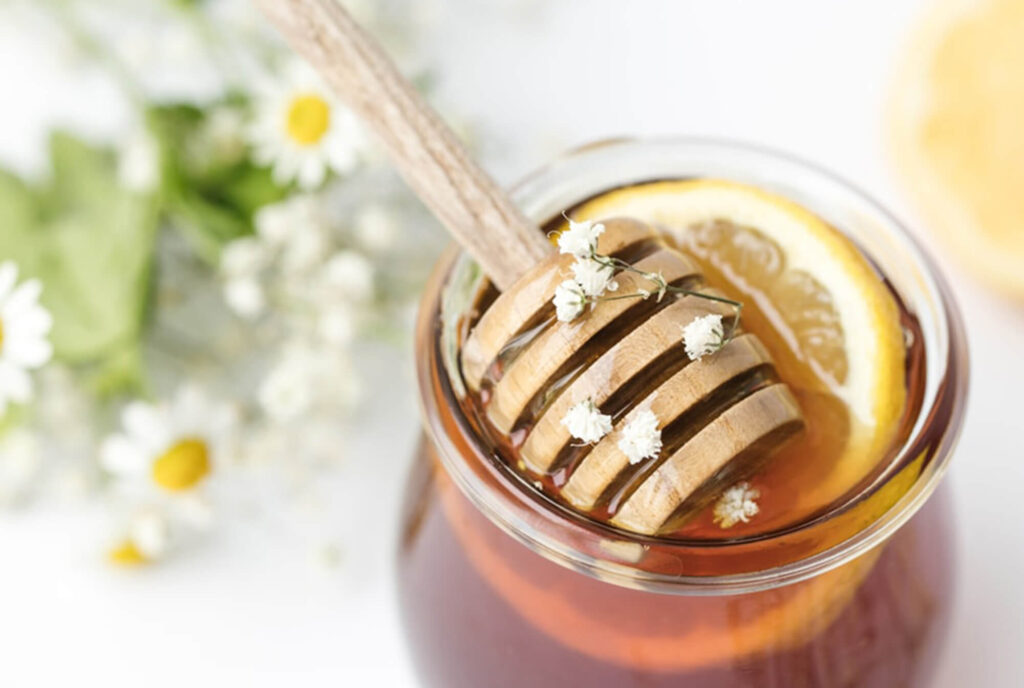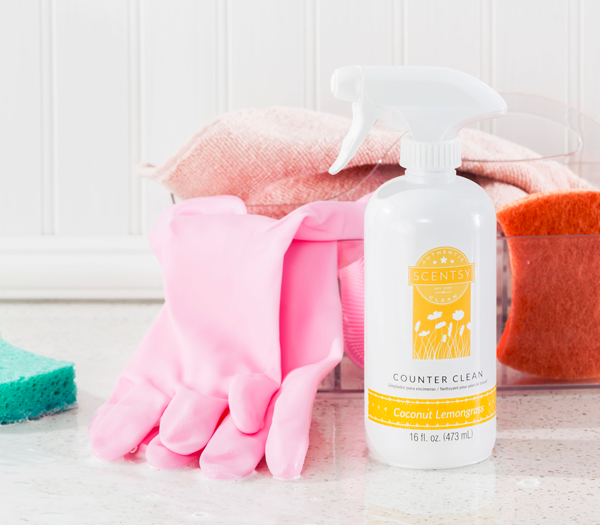
It’s sticky, it’s sweet and it tastes great drizzled on everything from peanut butter sandwiches to pizza. Need an easy marinade? Whisk some together with soy sauce or grainy mustard. Want to wake up your cup of tea? Stir in a spoonful.
When it comes to versatile condiments, honey is in a league of its own.
Where refined sugar tastes nice but offers no real nutritional value, honey has good-for-you vitamins and antioxidants, and it’s every bit as sweet. What’s not to love?
Here are a few more honey facts you might not know:
Show me the honey!
Sure, you’ve heard that honeybees stay busy making it, but have you ever learned how? Foraging bees buzz around gathering nectar from nearby flowers, storing it in a special “honey stomach” until they’re ready to drop it off at the hive. There, they pass the nectar mouth to mouth to the bees-in-waiting, who neatly and efficiently store it in a honeycomb until it’s ready to harvest.
The whole process is tidy and pretty sophisticated (except for the whole regurgitation bit). From there, beekeepers extract the honey from the comb and either bottle it themselves or ship it off to be processed.

Raw honey vs. processed: What’s the difference?
That bottle of processed honey might be less expensive and last longer on the shelf — filtration and pasteurization help remove impurities and bubbles for a smoother, clearer product — but there are a couple things to consider:
- Raw honey has more nutrients. Including healthy antioxidants that have been tied to all sorts of health benefits, from reducing inflammation to lowering your risk for heart disease.
- Processed honey may have added sugar. If your goal is to replace refined sugar with a more natural, nutritious alternative, be sure to check the label. Many commercial brands contain sugar or sweeteners like high fructose corn syrup.
Does local honey help ease seasonal allergies?
Some people like to recommend using local, raw honey to help combat seasonal sniffles. The idea is that local honey contains local pollen, and that over time a person can become less sensitive to its negative effects by consuming the pollen regularly. But studies show that it’s probably not effective.
On the plus side, buying local honey does support your local beekeepers!
Can honey be used to help a child’s sore throat?
Many parents give young kids a spoonful of honey to treat a sore throat, especially since most cough and cold medicines aren’t recommended for children under age 4. Studies actually show that it works, and not just for kids! Try mixing a spoonful into warm, decaffeinated tea or hot water with lemon to add another level of soothing care. But don’t forget: Honey shouldn’t be consumed by babies until after their first birthday, because it can contain bacteria their little tummies can’t handle.
Honey smells almost as good as it tastes.
We often use honey fragrance notes to sweeten our scents, and the May Scent of the Month really celebrates the sweet stuff! Buzz Worthy features a tasty blend of sugared almonds, creamy vanilla and a drizzle of sweet honey. Try it as a Scentsy Bar, Room Spray or Scent Circle and get 10% off in May. To shop, reach out to your Scentsy Consultant or visit their website. Don’t have a Consultant? Find one at scentsy.com.





Patti Dolan says
I just want to know how I can order some of your products
Scentsy says
Hi Patti, you can shop directly on our site at scentsy.com and select a Consultant during checkout. If you’d prefer to give your order to a Consultant and have the place it for you, go to goo.gl/gopkUj and use the “Choose a Consultant” option at the top of the page to view a list of nearby Consultants you can contact for your Scentsy needs! ?